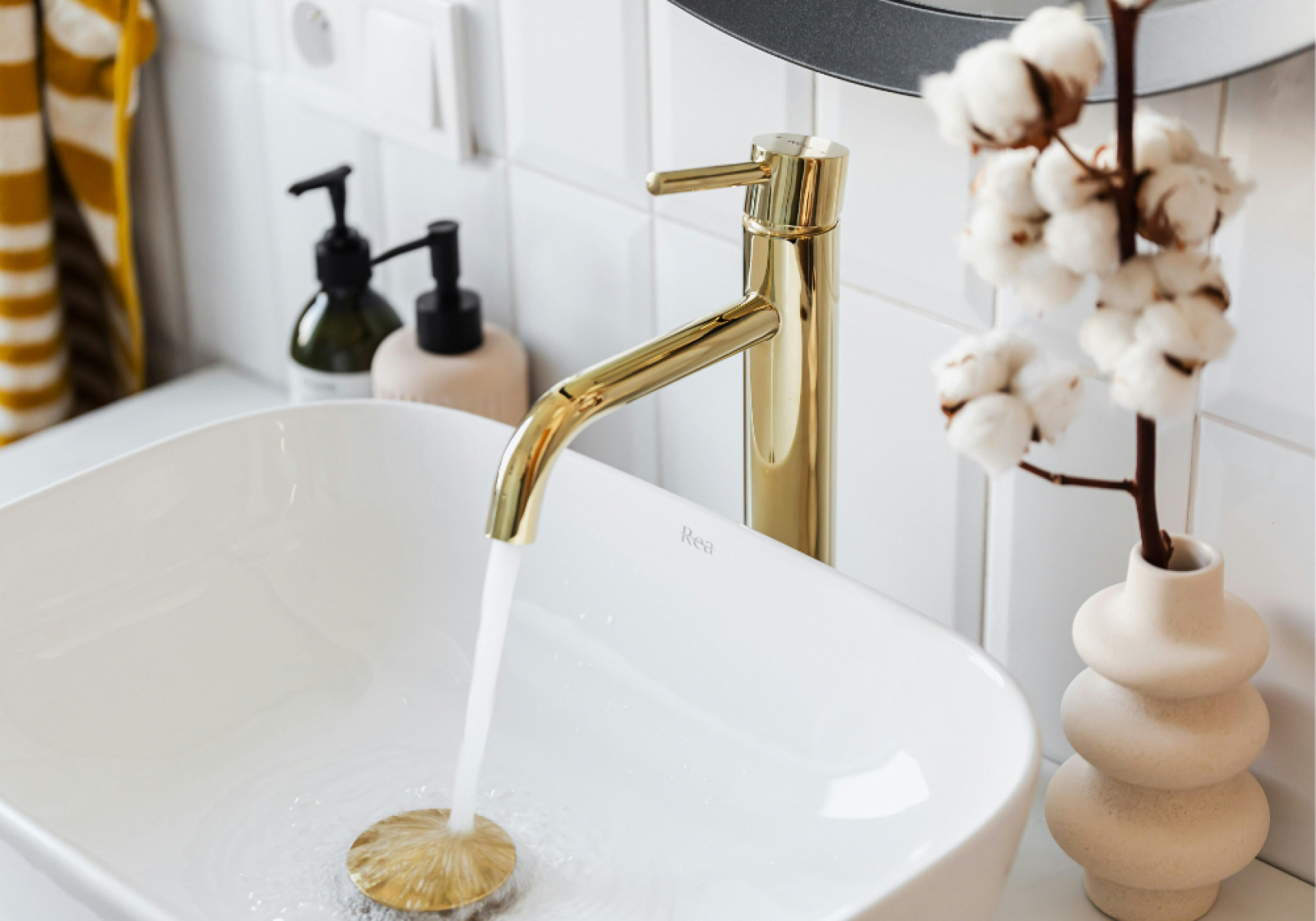
Average water storage levels across the state have fallen to 57% as Victoria’s dry conditions continue.
With water storage levels down 26% on this time last year, saving water at home is becoming increasingly important.
To help address declining water storages, 50 billion litres of water will flow from Victoria’s Desalination Plant into Melbourne storages from July, supporting storages in Geelong and South Gippsland.
The high-quality drinking water – converted from seawater – is the latest order from the plant, that has delivered more than 450 billion litres of water into Melbourne water storages since 2016.
As desalinated water is only part of the solution, Victorians are being encouraged to continue their water saving efforts.
Efficient use of water in homes plays an important part in helping protect Victoria’s water supplies and avoiding water restrictions in the future.
Water saving actions in the home include:
- keeping showers under 4 minutes
- running dishwashers and washing machines only when full
- fixing leaks and dripping taps quickly
- running off the tap while brushing teeth
- setting a timer to avoid over watering the garden.
DEECA works with Victorian water corporations to encourage efficient water use in homes and businesses across the state.
Water efficiency programs, along with desalinated water, recycled water and stormwater harvesting, are part of the Victorian Government’s strategic approach to maintain reliable water supplies into the future.
Permanent water saving rules are in place across Victoria, to help everyone use water more efficiently.
Page last updated: 12/05/23
